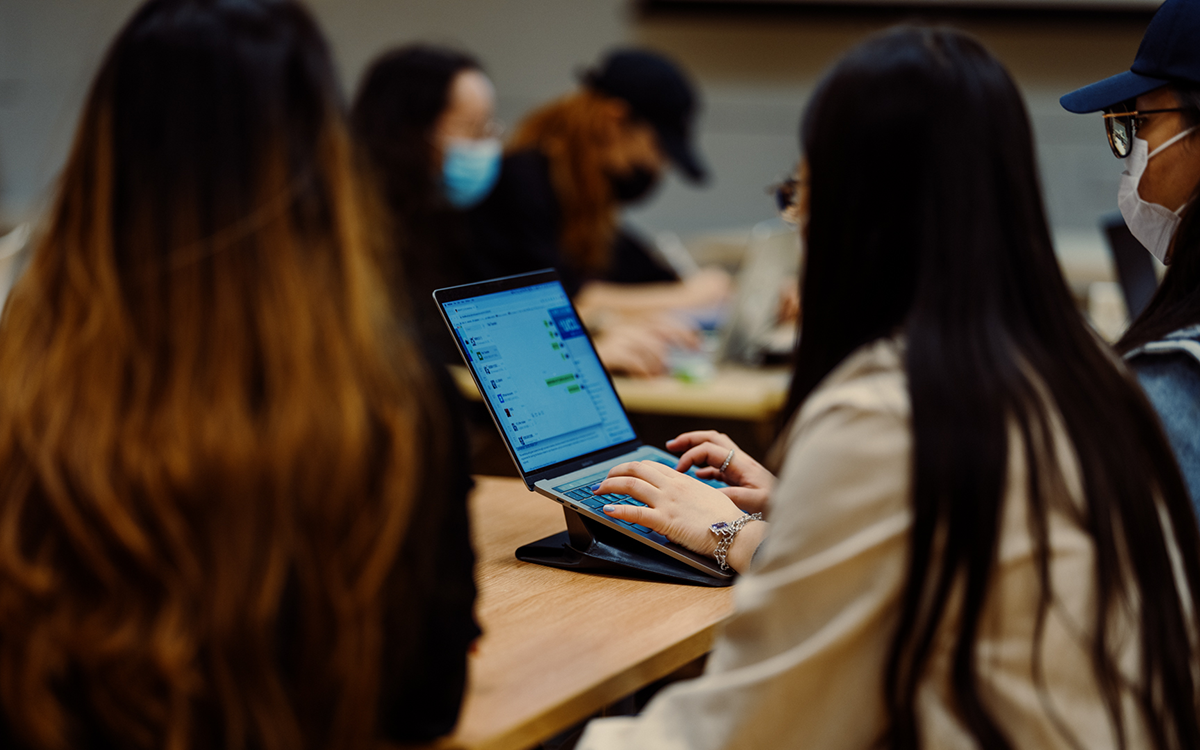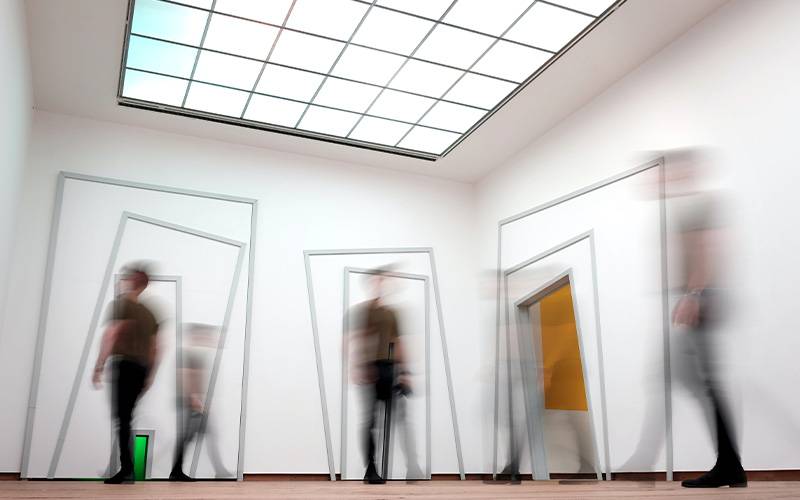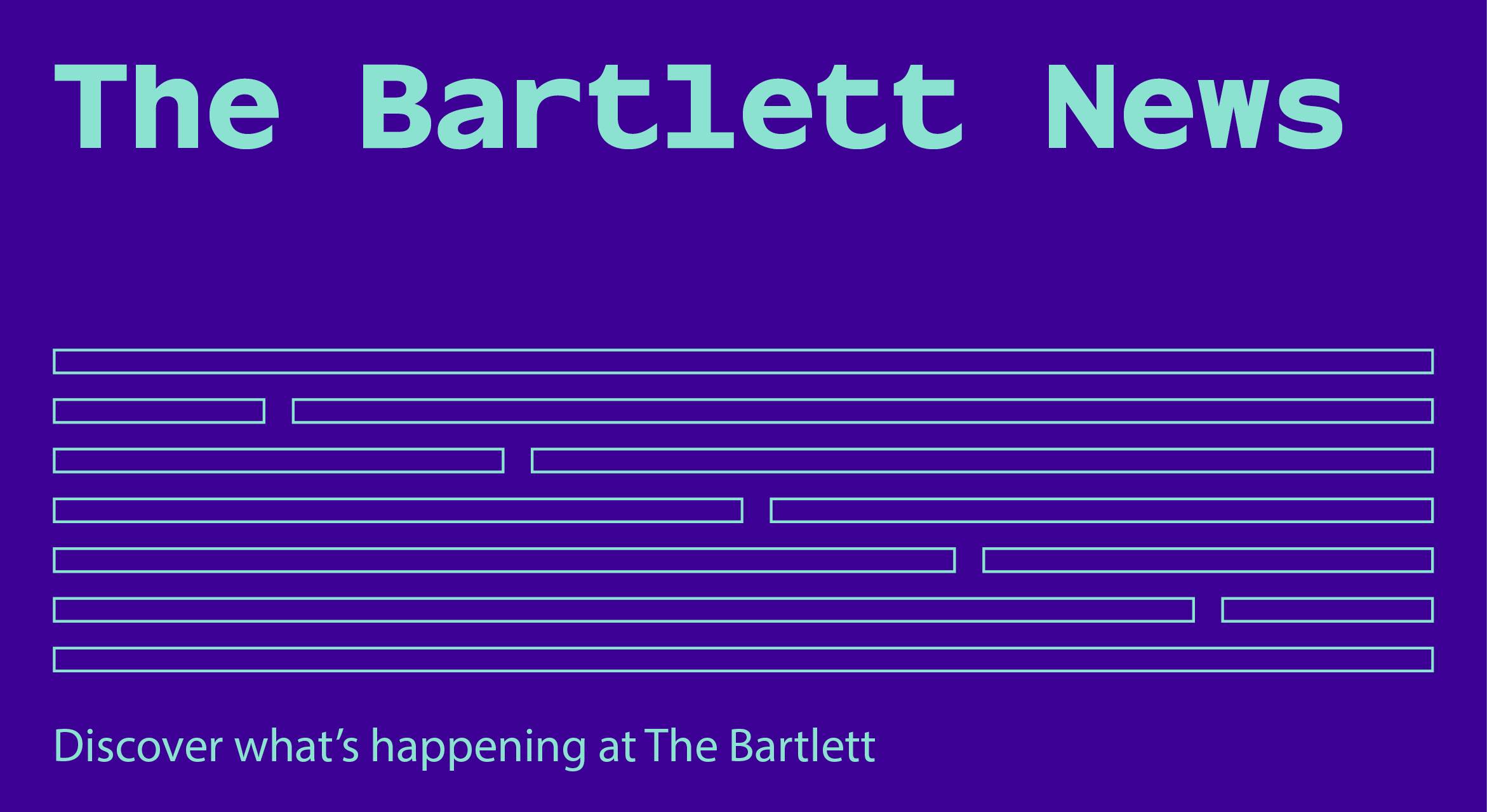The RELIEF Centre aims to radically rethink how to build a prosperous and inclusive future for communities uprooted indefinitely by wars or oppression.

Beirut Urbanscape Exhibition by RELIEF Centre PhD student Nikolett Puskas displayed at the UK launch of the Centre at the British Museum in London. Credit: Annelise Andersen
Today’s migrants are also staying longer in the countries or regions they move to, many living in poverty on the margins of society for years. Migration has become one of the most pressing issues of our time.
In this context, the RELIEF Centre, led by The Bartlett’s Institute for Global Prosperity (IGP), was set up and began working in April 2017 to rethink radically how to help people and their host communities to thrive. Like the IGP, the RELIEF Centre – a transdisciplinary research collaboration – is founded on the principle that for a community or a country to truly prosper, people’s wellbeing and quality of life matters as much as their economic profile.
Education on the move
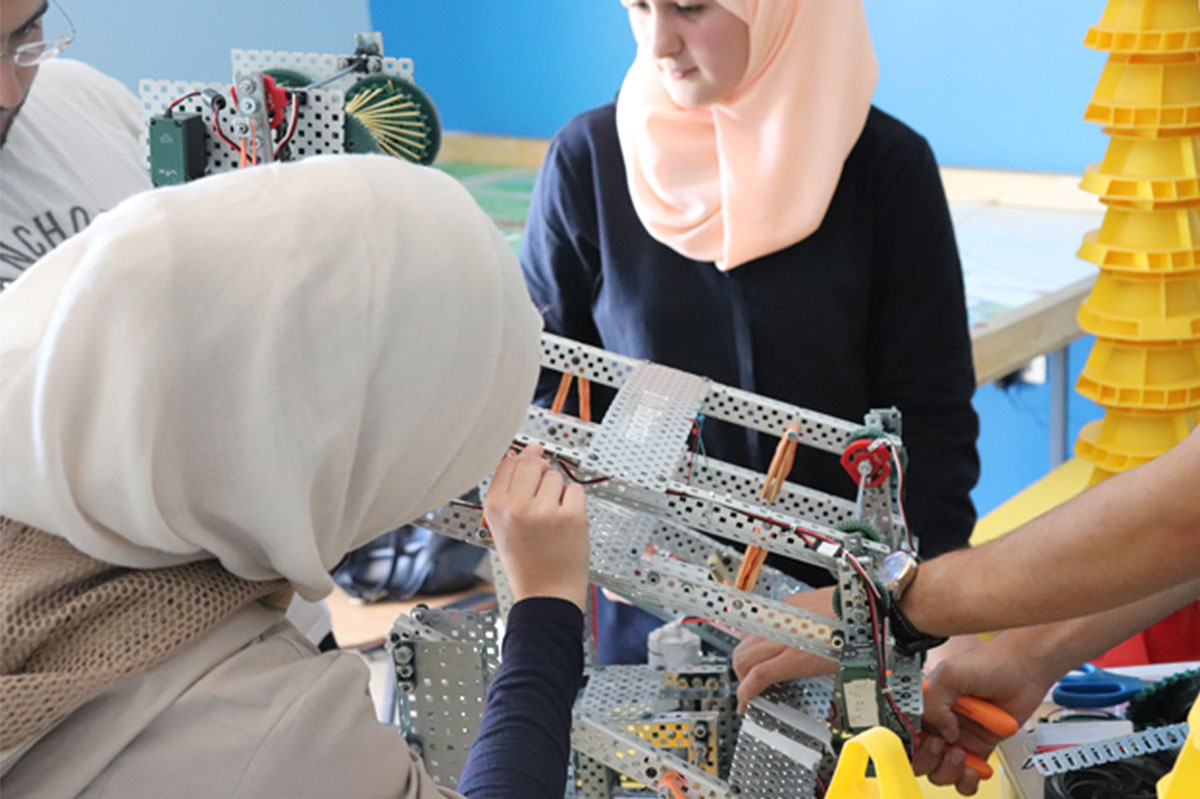
Building robotics at Lebanese-based charity and partner of the RELIEF Centre, Multi Aid Programs International. Credit: Patrick Vickers
RELIEF focuses its work on Lebanon, which having taken in over one million refugees since the Syrian conflict began in 2011, has more refugees per capita than any other country. The project, which draws on the knowledge and experience of researchers from across The Bartlett and UCL, in partnership with the American University of Beirut and Centre for Lebanese Studies, has ESRC-GCRF funding for five years. Its members are working on four distinct research themes: The Vital City, Creating Value, Future Education, and Prosperity Gains and Inclusive Growth.
Key to its success are the close relationships the centre is forging with local partners, including citizen scientists, local communities, civil organisations, academic institutions, and others in Lebanon. Community researchers will design metrics for, and measure, the prosperity of their local areas and how it changes over time.
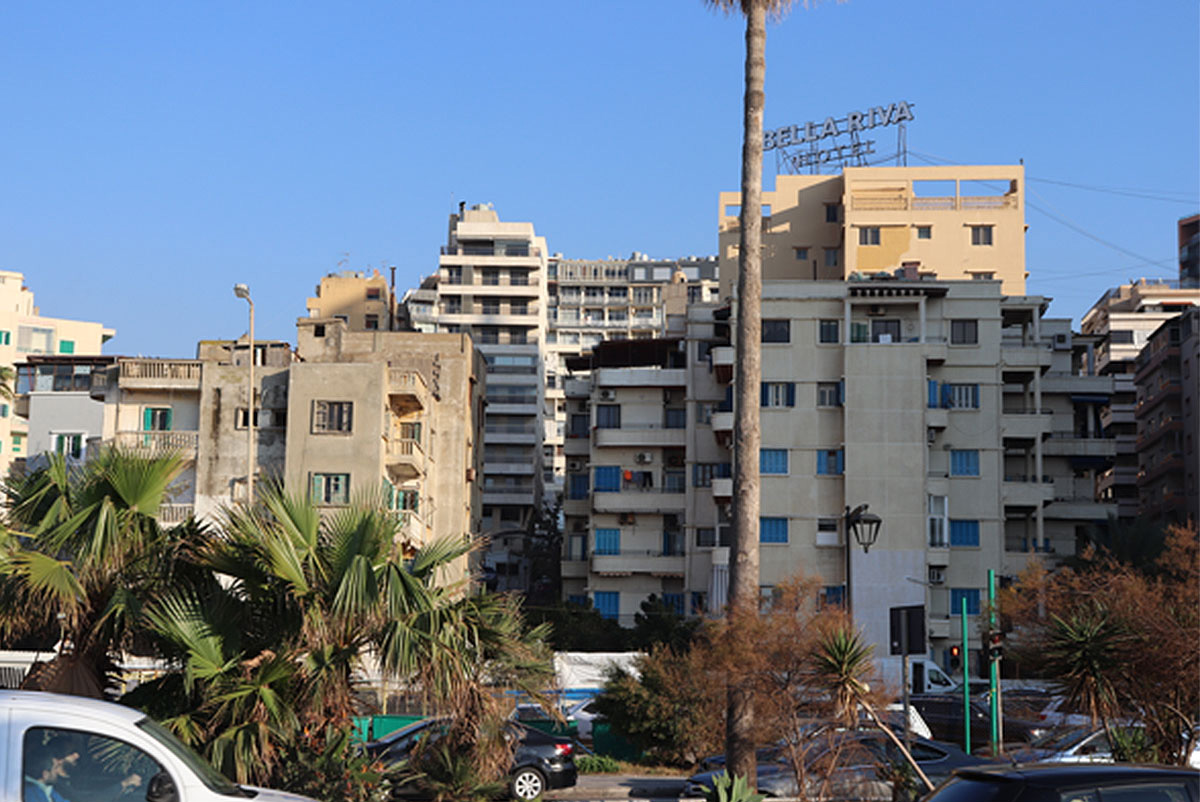
A view of Beirut where some of the RELIEF Centre sites of inquiry are based. Credit: Annelise Andersen
A key factor in the potential for the RELIEF Centre to succeed in its ambitions is the fact that most refugees, while they may have little else, have some use of a smart phone and access to the internet.
The project will use new technologies to deliver affordable education to refugees, who often miss years of education because of lack of access to conventional classroom learning.
Community researchers, teachers, NGOs and other local organisations will be able to use MOOCS – Massive Online Open Courses – to gain research and teaching skills, communicate with each other and design online education to equip both refugees and Lebanese people with the skills and capacities for managing conflict and improving their environments and wellbeing.
 Close
Close


